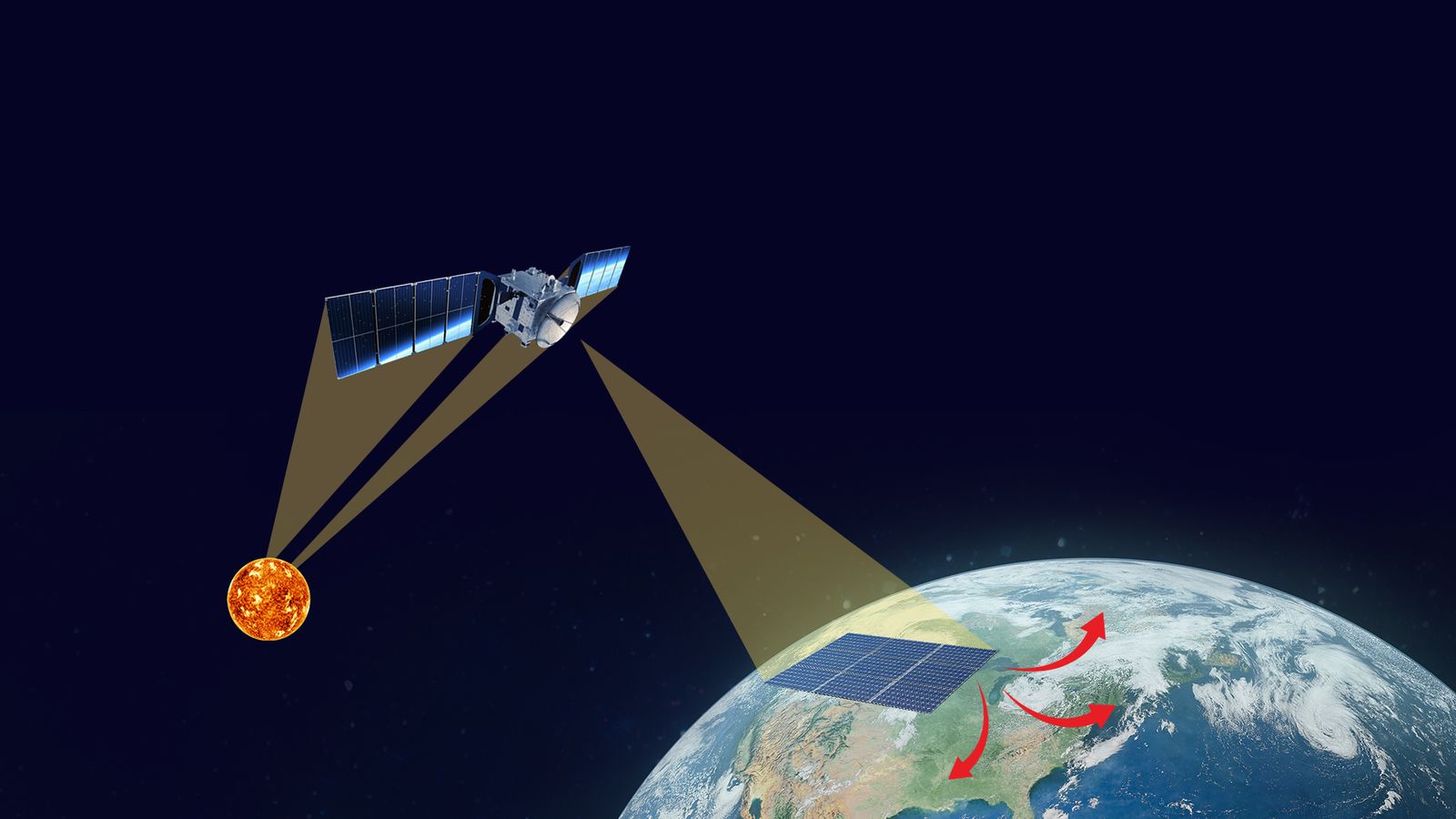A similar energy project had been proposed by NASA more than two decades ago but was never developed, while the UK government commissioned independent research supporting a £16bn British version in orbit by 2035.
The first launch for China's project is scheduled for 2028, when a trial satellite orbiting at a distance of around 400km (248 miles) will test the technology used to transmit energy from the power plant.
This satellite will "convert solar energy to microwaves or lasers and then direct the energy beams to various targets, including fixed locations on Earth and moving satellites" according to the South China Morning Post.



wonder what the emissions to energy ratio is for a launch like this, how long it takes to "break even" relative to coal, oil, etc
China: what's the net benifet for sustainable development from our literal solar panel space station that beams a laser of energy back to earth after factoring in launch emissions?
USA: literally putting out the same emissions regularly for billionaires to have joy rides in space and play with their toys.
Also no way Britian does this lol too much of a failed state. Also the santions against Russia are gonna put the west back in this qausi space race for atleast a couple of years as we basically rely on Russia for rocket engines .
USA: THOSE COMMUNISTS ARE STEALING THE SUN
Seems more useful for supercharging degrading satellites